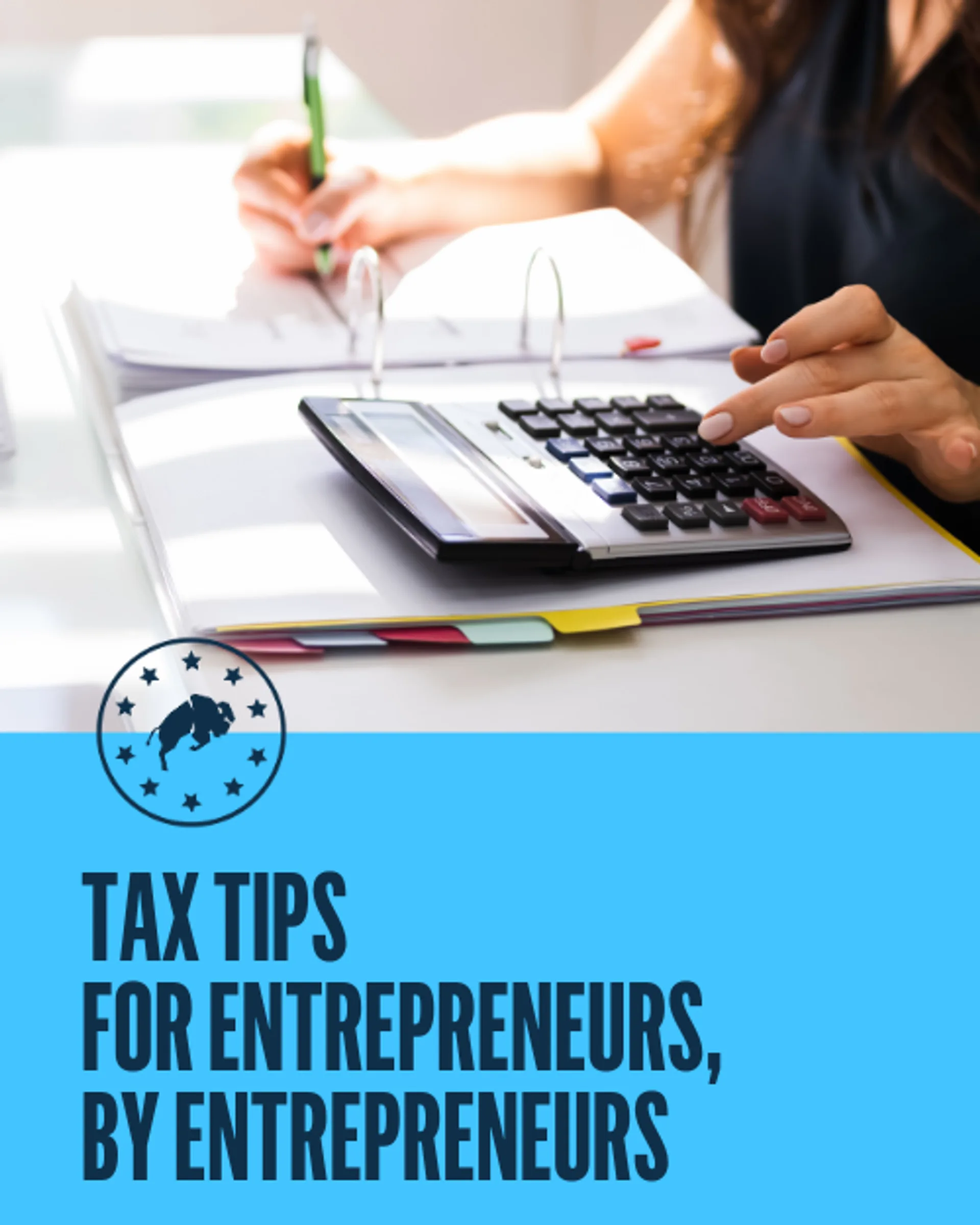
Tax Tips for Entrepreneurs, By Entrepreneurs
By Clay Collum, Lisa Dionisio, Tyler Jones, & Stacey Naizer
Entrepreneurs have complex tax situations. We asked COE Members who are CPAs to share some insight on ways you can work with your CPA more effectively. Here are their thoughts.
Know your margin on the products you sell or the services you provide. By knowing how much you make on each product or client it helps you make informed decisions on which direction you want to take your business and where you want to invest your time and resources.
People (your employees and your clients) are your biggest asset, no matter what business you are in. Treat them well. In terms of employees, whenever you have turnover there is a cost to train someone new and a cost of lost knowledge that will never show up on the P&L but can affect your bottom line.
This is minor, but very relevant right now. If you have a large amount in a checking or savings account make sure you are earning interest on those funds. With rates around 3-4% in sweep accounts it pays off to make sure you have the highest interest rate possible.
Make sure your entity structure is right for your business. Based on your structure, make sure you are paying yourself most effectively.
If you’re expecting to bring on capital or sell, inform your CPA before it happens. Communicate the goals for your business to your CPA so they can advise on ways to be strategic from a financial or tax perspective.
If you have a down year, look at doing a Roth conversion.
Ask your CPA for a tax strategy meeting each year so you can be proactive in your taxes.
Make sure you’re tracking your basis so you can capture losses (especially if you have multiple entities).
Regularly engage with your CPA. They care about you. They want to know what you’re up to and need to know. The more frequently you engage with them (get a beer/coffee/lunch, or even just a brief call with a question), the better they know you. The better they know you, the better they can serve you and make sure tax is optimized for you given your business and personal goals.
Be the kind of customer you want to have, or at least give them every reason to like you. People enjoy working with others that they simply get along with. Make that as easy as possible. Pick up the phone when they call, and pay their invoices quickly. That garners instant respect.
Be organized. You won’t get business deductions that you forget about. Do yourself a favor and stay organized. Run your business expenses through your business accounts. Slow down, and get organized. Then make it your new pattern to work that way.
Don’t spend a dollar to save $0.30 in tax.
Try to smooth out income and avoid large peaks or dips.
What is a hidden or lesser known tax secret?
Tyler Jones:
If you buy/own a building that houses your operations and it is purchased in a different entity, you can do a cost segregation study and there is a grouping election that lets you take advantage of depreciation despite passive/active issues.
Stacey Naizer:
The Augusta Rule allows homeowners to rent their home for up to 14 days a year and exclude all income received from their personal tax return. The rental days are cumulative for the year and do not have to be consecutive. However, if you rent for 15 days or more in a year then you must claim ALL the income. Applies to small business owners as long as they are not a sole proprietor or Schedule C filer.
Clay Collum:
What tax strategy/planning is. I so often hear tax strategy talked about as if it’s some secret idea. It’s really not. It’s not esoteric. It’s looking forward, making a tax plan that’s best for you and your business, and it’s often an ongoing dialogue. We all have to look back and comply with the IRS rules and regulations. That’s compliance. But we also need to look forward and see what opportunities exist to minimize our tax liabilities. These opportunities change over time and are based on client needs/desires, as well as the ever-changing tax rules.
Lisa Dionisio:
If you itemize your tax deductions on your personal tax return and your business is sponsoring a charitable event; make sure you put the sponsorship on your books as Advertising/Marketing. If you code it as Charitable then your business will not get the deduction for it because it will go on your K-1 as a charitable deduction, but since you itemize you won’t get the benefit on the personal side.



